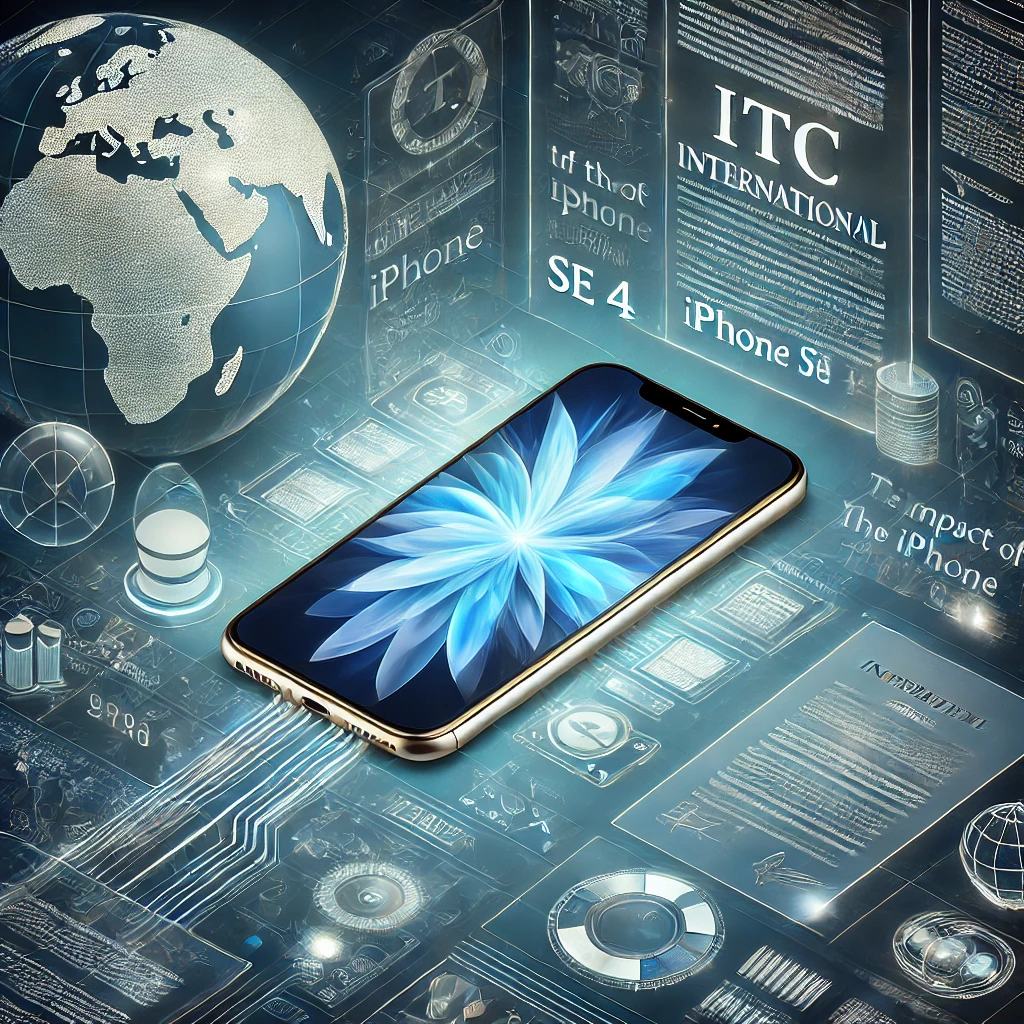The news that the United States International Trade Commission (ITC) has found BOE’s OLED displays to infringe on Samsung Display’s patents has sent shockwaves through the smartphone industry. This decision could potentially affect the supply chain and launch schedule of the iPhone SE 4, drawing significant attention.
Background and Implications of the Patent Infringement
The ITC determined that BOE’s displays infringe on three of Samsung Display’s OLED patents. Patent infringement is an unavoidable issue in the highly competitive display industry, where technological innovation is paramount. Since patents directly impact product quality and cost structures, disputes of this nature can disrupt the entire supply chain.
Challenges for Apple and Its Supply Chain
Currently, BOE supplies the majority of OLED displays for the iPhone SE 4, with LG Display handling a portion of the orders. While Samsung Display has also offered bids, it reportedly failed to meet Apple’s target price and is no longer in contention.
For Apple, changing suppliers is no simple task. The iPhone SE series, in particular, emphasizes cost management, making display prices a critical factor in overall production costs. Should BOE become unable to supply displays, Samsung Display is considered a potential alternative. However, if the two companies fail to reach an agreement on pricing, it could negatively affect the product’s pricing and profitability.
Impact on the iPhone SE 4 Launch Timeline
Another key point is that the ITC’s final ruling is scheduled for March 2025, coinciding with the anticipated launch of the iPhone SE 4. If a halt on BOE’s supply is decided, Apple would face limited time to reorganize its supply chain, raising concerns over launch delays and initial supply shortages.
For example, past issues with the iPhone X saw delivery delays for certain models due to overwhelming demand. Similarly, if Apple fails to resolve supply problems, it risks frustrating consumers and losing sales opportunities.
Competitive Landscape and Future Outlook
This case may also influence the competitive dynamics of the display industry as a whole. Samsung Display aims to leverage its patents to expand its market share, but attracting major customers like Apple will require cost reductions and price adjustments.
On the other hand, BOE must urgently address this ruling by improving its technology and pursuing legal measures. If successful, it could maintain its competitiveness and continue to challenge Samsung Display.
Conclusion
The ITC’s ruling represents a critical turning point for Apple and the display industry. How patent issues impact product development and market launches, and how Apple navigates these challenges, will depend on future developments.
As competition intensifies around the dual axes of technological innovation and cost management, industry players will need to devise strategies to remain competitive.

